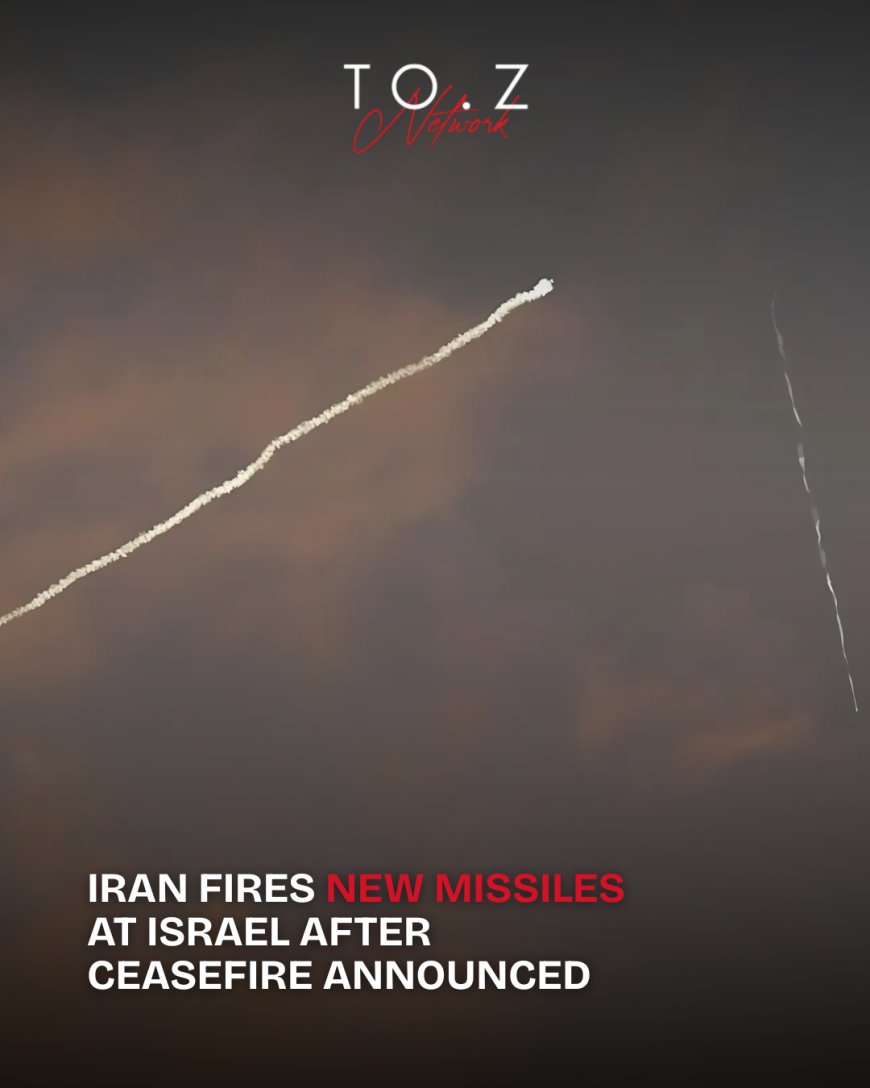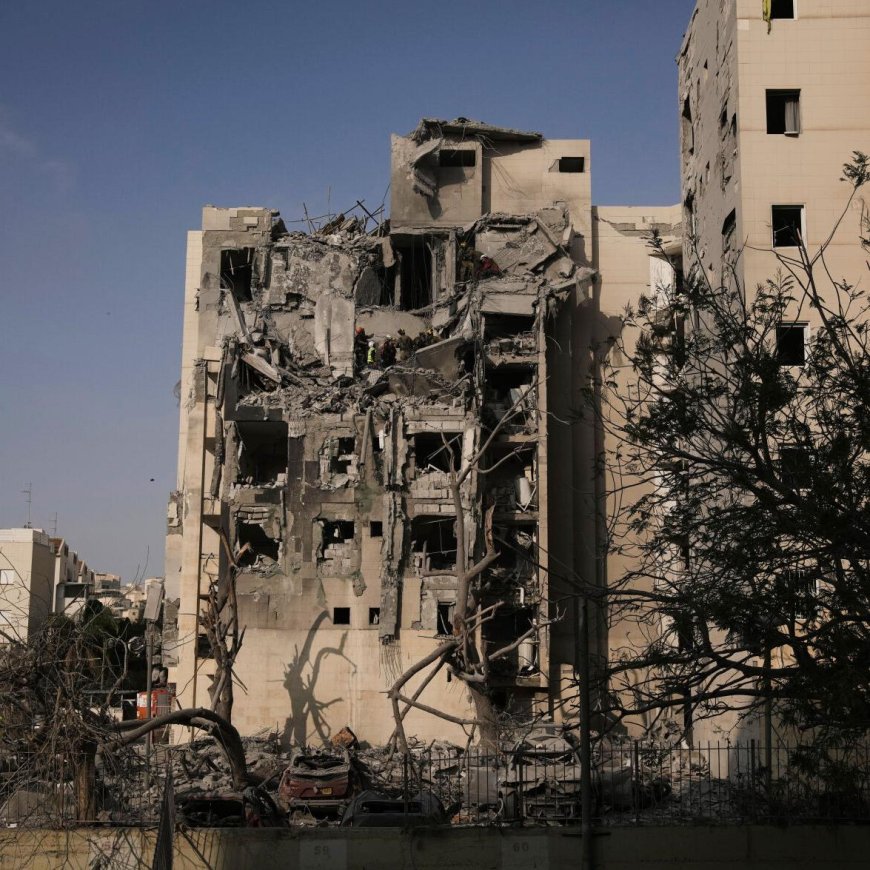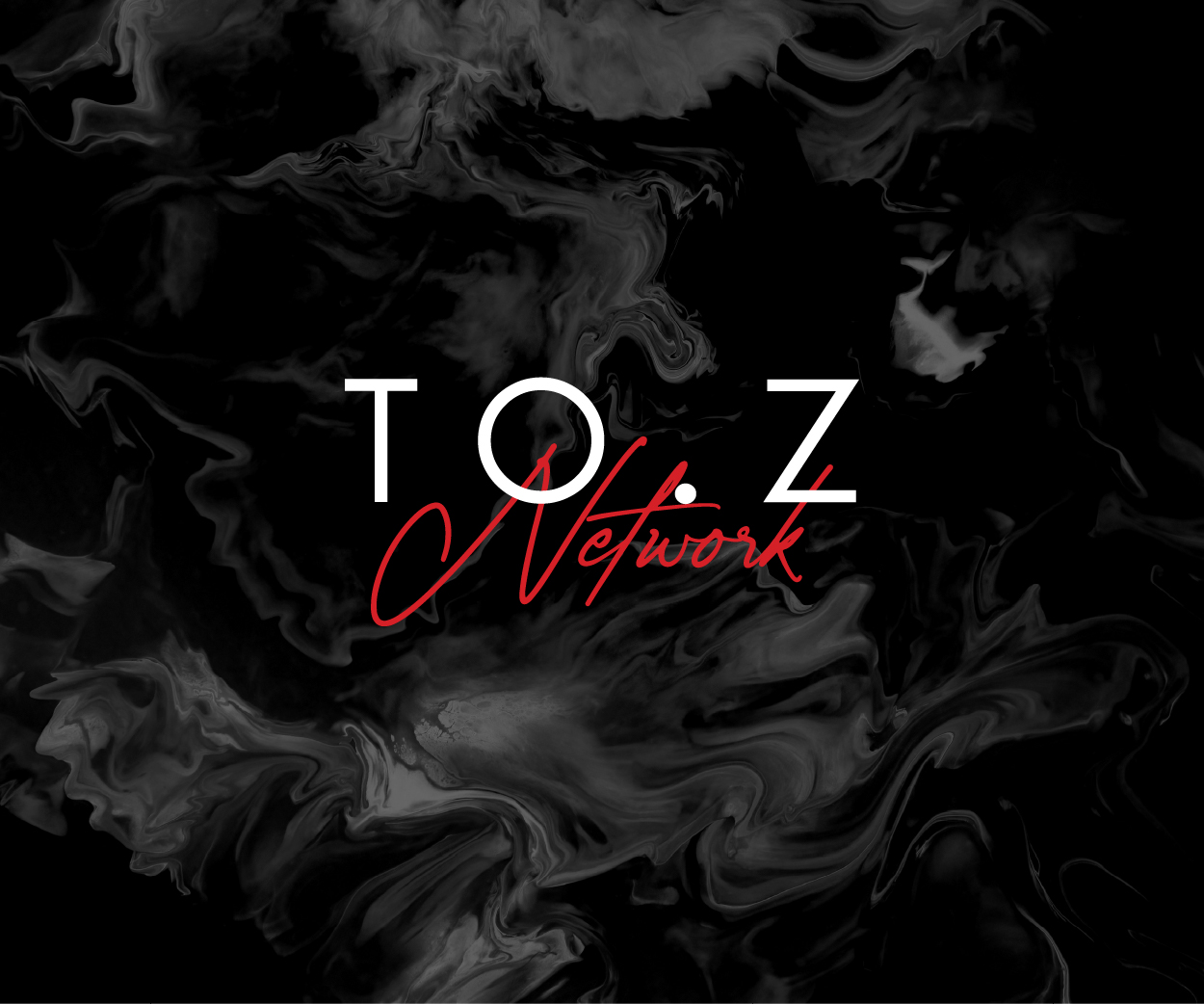Renewed Escalation: Iran Fires Missiles Toward Israel After Ceasefire Announcement
Iran launched a fresh wave of missiles at Israel shortly after a ceasefire was announced by former U.S. President Donald Trump. The Israeli military reported six waves of attacks, resulting in casualties. This article covers the renewed conflict, Iran’s conditions for peace, nuclear concerns, and the latest regional developments including Gulf airspace closures and missile interceptions in Qatar.

Fresh Attacks Undermine Ceasefire Efforts
Tensions between Iran and Israel intensified once again as Iran launched a fresh wave of missiles toward Israeli territory, mere hours after U.S. President Donald Trump announced a phased ceasefire agreement. According to the Israeli military, six waves of missiles were fired in total, marking a dramatic turn in a conflict that had shown signs of de-escalation.
Iranian state media IRIB confirmed the renewed strikes, reporting that a "fourth salvo of missiles" was among the attacks. The situation on the ground turned deadly as Israel’s national ambulance service confirmed three fatalities in Beersheba, the first reported since the ceasefire was declared late Monday.

Conflicting Messages from Tehran
While an Iranian official confirmed that Tehran had agreed to a ceasefire, Iran’s Foreign Minister made it clear that hostilities would not end unless Israel ceased its military operations.
Speaking early Tuesday, Iranian diplomat Abbas Araqchi emphasized that Iran would continue its retaliatory actions unless Israel halted what he called its “illegal aggression.” He added that Iran was waiting to make a final decision on halting military operations depending on Israel’s actions.
Trump Labels Conflict ‘The 12 Day War’
In a post on Truth Social, former U.S. President Donald Trump expressed hope that both countries would uphold the ceasefire. "On the assumption that everything works as it should, which it will, I would like to congratulate both Countries, Israel and Iran, on having the Stamina, Courage, and Intelligence to end, what should be called, 'THE 12 DAY WAR'," he wrote.
Nuclear Tensions in the Background
Although Iran has consistently claimed it has never pursued a nuclear weapons program, Supreme Leader Ayatollah Ali Khamenei has stated that if Iran chose to build nuclear weapons, global powers “wouldn’t be able to stop us.” Meanwhile, Israel is widely believed to be the only nuclear-armed state in the Middle East, although it neither confirms nor denies possessing nuclear weapons.
Regional Implications and Developments in the Gulf
The conflict’s ripple effects have spread across the Gulf region. Qatar played a key role in diplomatic backchannels, with Prime Minister Sheikh Mohammed bin Abdulrahman Al Thani reportedly obtaining Tehran’s agreement to a ceasefire during a phone call with Iranian officials, as reported by Reuters.
However, Iran also targeted Al Udeid Air Base in Qatar, the largest U.S. military installation in the Middle East. Qatar later confirmed its air defense systems intercepted the missiles, and no casualties or injuries were reported.
Additionally, several Gulf countries temporarily closed their airspace, including Bahrain, Kuwait, and the UAE. Dubai Airports has since resumed operations, although flight delays and cancellations are still affecting travelers in the region.









